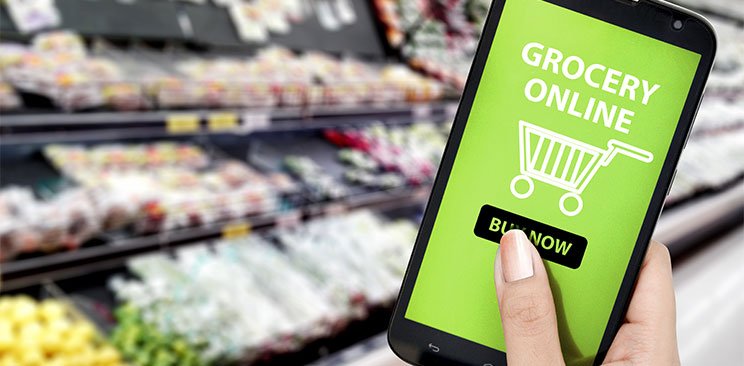IBISWorld research indicates that concerns relating to the impending entry of AmazonFresh in 2018 have been overplayed in the Australian supermarkets and grocery-stores industry.
The company’s analysis suggests that traditional bricks-and-mortar and online grocery players will not be as severely affected by Amazon as operators in other retailing industries.
“While AmazonFresh will offer competitive pricing, and use the latest technology, the effect on the major supermarket players will likely be mild compared with disruptions in other retailing industries, particularly in the short to medium term,” IBISWorld Senior Industry Analyst Nathan Cloutman said.
The supermarkets and grocery-stores industry is expected to generate revenue of $108 billion in 2017-18. Online shopping represents an estimated 2.8 per cent of revenue in the industry at $3 billion. While the online grocery-sales industry is growing rapidly, it is expected to account for only 4.3 per cent of total supermarket and grocery sales in 2022-23.
“Online-shopping penetration is much lower in Australia than in other countries where Amazon has launched its grocery service,” Mr Cloutman said. “In the US and UK, online grocery sales account for approximately six per cent of total sales. Australia’s abundance of bricks-and-mortar supermarkets allows most consumers to purchase groceries quickly and easily in-store.
“Coles and Woolworths have the advantage of having many physical locations close to consumers. In addition, the major supermarkets already have the scale and logistical strength to expand their online capabilities through options such as click-and-collect.
“Coles and Woolworths are increasingly expanding their online presence in anticipation of Amazon’s arrival. For example, Coles opened its first online-only ‘dark store’ in inner-city Melbourne in June 2016 and IBISWorld expects more of these stores to open over the next five years.
Coles and Woolworths dominate Australia’s online grocery sales. Revenue generated through online grocery sales is projected to total $1.3 billion for Woolworths and $1.1 billion for Coles in 2017-18.
Mr Cloutman says Amazon will have to overcome the established logistics and delivery networks operated by Wesfarmers and Woolworths, coupled with the already-low prices offered by ALDI, to significantly penetrate the Australian grocery market.
“However, Amazon could use its large purchasing power to acquire a grocery chain and establish an offline presence in Australia, similar to what it did with Whole Foods in the US,” Mr Cloutman said.





